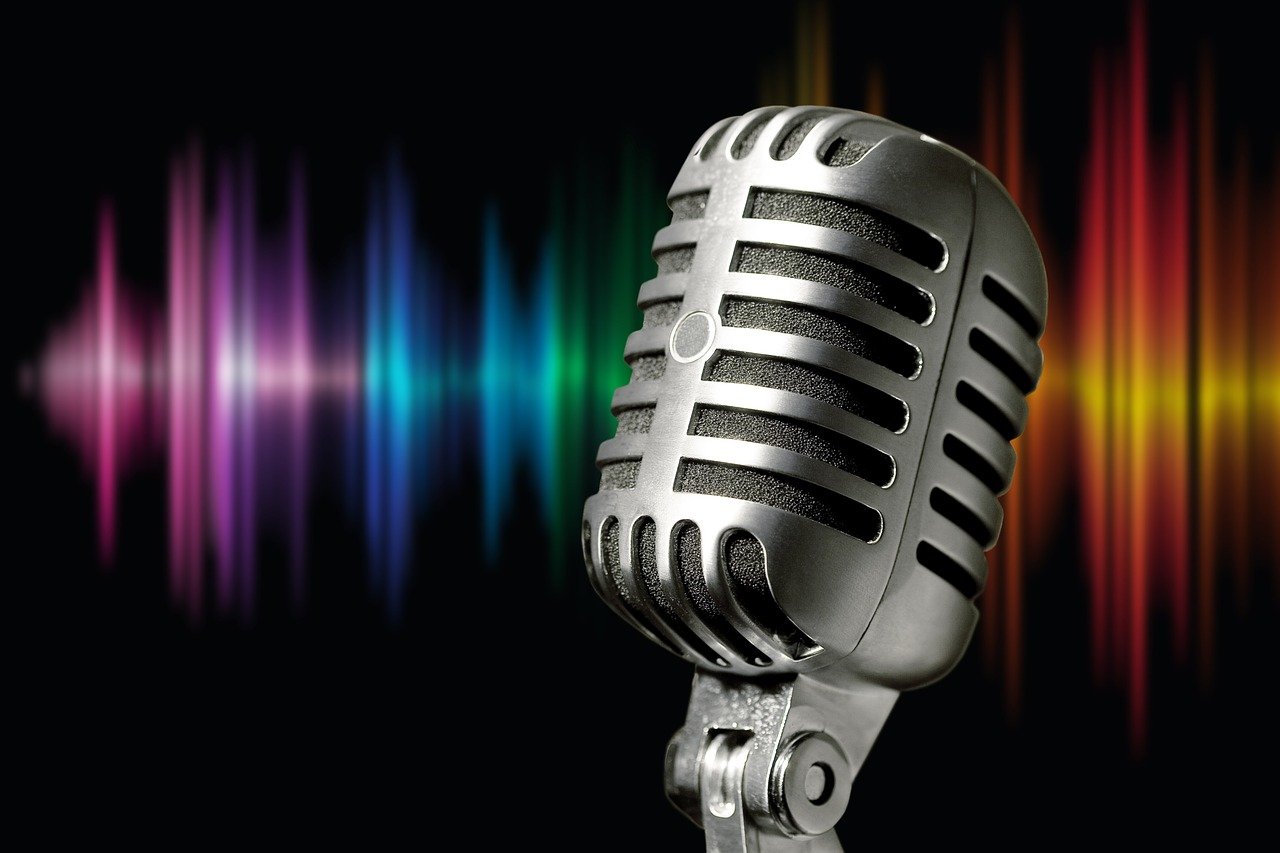Best Practice versus Reality
Arts at Warwick, coronavirus, and remote interviewing in oral history
DOI:
https://doi.org/10.31273/eirj.v8i4.793Keywords:
student-led research, oral history, remote interviewing, Coronavirus, COVID-19, Disability Visibility ProjectAbstract
COVID-19 was repeatedly labelled ‘unprecedented’. In unprecedented times, we rethink conventional wisdoms. This short article explores oral history, an important element of the Then & Now student-led research project explored in this Special Issue, with such rethinking in mind. Then & Now’s alumni interviews had to be conducted remotely but remote oral history interviews are not universally popular. The Oral History Society (OHS) is hesitant and suggested postponing interviews, reflecting best practice concerns about rapport-building, audio quality and archiving, data protection and security, and community building. For groups like the Disability Visibility Project (DVP) and oral historians like Sarah Dziedzic, remote interviewing is the only viable method and ideals of best practice are too rigid. For oral history to uncover the experiences of those disregarded by conventional histories, access to it and its employment as a research tool should be as universal as possible.
This article examines and questions best practice guidelines in light of the pandemic and the experiences of the DVP and historians such as Dziedzic. It draws on personal experience of interviewing and from the Then & Now project. This article argues that oral history, an inherently fieldwork-based activity, needs to take remote interviewing as seriously as face-to-face interviewing to become more widely accessible and sufficiently flexible to adapt to conditions in the field.
Downloads

Downloads
Published
Issue
Section
License
Copyright (c) 2021 Pierre Botcherby

This work is licensed under a Creative Commons Attribution 4.0 International License.
Authors who publish with this journal agree to the following terms:
Authors retain copyright and grant the journal right of first publication with the work simultaneously licensed under a Creative Commons Attribution License (CC-BY), which permits use and redistribution of the work provided that the original author and source are credited, a link to the license is included, and an indication of changes which were made. Third-party users may not apply legal terms or technological measures to the published article which legally restrict others from doing anything the license permits.
If accepted for publication authors’ work will be made open access and distributed under a Creative Commons Attribution (CC-BY) license unless previously agreed with Exchanges’ Editor-in-Chief prior to submission.
Authors are able to enter into separate, additional contractual arrangements for the non-exclusive distribution of the journal's published version of the work (e.g., post it to an institutional repository or publish it in a book), with an acknowledgement of its initial publication in this journal.
Authors are permitted and encouraged to post their work online (e.g., in institutional repositories or on their website) prior to and during the submission process, as it can lead to productive exchanges, as well as earlier and greater citation of published work. (see: The Effect of Open Access)
